Artificial Intelligence (AI) is reshaping the world in ways we could scarcely imagine. In the realm of healthcare, AI, particularly generative AI, is emerging as a transformative force. This article explores the profound impact of AI on healthcare, drawing insights from recent articles, including “Calling Dr. GPT: The Impact of Generative AI on Healthcare” by Brian Jones, DO, and Rod Fontecilla.
Generative AI: A Game Changer
Generative AI leverages machine learning models like GPT to produce content, from images to text, with remarkable speed and accuracy. Beyond generating art or essays, generative AI can now assist in healthcare tasks that were once the sole domain of human expertise. This includes identifying diseases in medical images, offering in-depth diagnoses, and revolutionizing the way healthcare organizations operate.
Personalized Medicine
One of the most promising applications of generative AI in healthcare is personalized medicine. AI algorithms analyze vast datasets, including genomic data and social drivers of health, to identify patterns and predict outcomes. This allows healthcare providers to tailor treatments to individuals, increasing the chances of success while minimizing side effects. Imagine AI assisting clinicians with recommendations based on the latest guidelines and health monitoring information, ushering in a new era of personalized care.
Drug Development and Clinical Trials
Generative AI also promises to accelerate drug development. By analyzing vast datasets, it can pinpoint potential drug targets and predict the efficacy of compounds. This has the potential to reduce the time and cost of developing new medications, ultimately benefiting patients and the pharmaceutical industry.
Screening and Diagnosis
The integration of data from electronic health records and other sources, including social determinants of health, empowers generative AI to detect chronic diseases earlier, improving patient outcomes. By aiding healthcare providers in making more accurate and timely diagnosis, AI promises to revolutionize the healthcare landscape.
Predictive Maintenance
AI’s role in predictive maintenance of medical equipment is equally transformative. By analyzing data from devices like imaging equipment and ventilators, generative AI can predict when maintenance is needed. This proactive approach ensures the seamless operation of critical medical equipment, reducing the risk of unexpected failures.
Addressing Complex Challenges
Despite its immense potential, generative AI in healthcare presents significant challenges. One concern is algorithmic bias, which may lead to unequal access to care and discrimination. To mitigate this, AI algorithms must be trained on diverse and representative datasets.
Moreover, the healthcare industry needs robust regulatory frameworks to ensure the ethical and responsible use of generative AI. Collaboration between industry stakeholders, regulators, and experts is essential to address these concerns.
Moreover, the healthcare industry needs robust regulatory frameworks to ensure the ethical and responsible use of generative AI. Collaboration between industry stakeholders, regulators, and experts is essential to address these concerns.
Leveraging the Power of Generative AI
Generative AI is a force of transformation in healthcare, provided it is harnessed correctly. Forward-thinking healthcare organizations can prepare by:
Building a Data Infrastructure: Integrating diverse, high-quality datasets is essential to realize AI’s potential. This requires investments in data architecture, storage, and analysis tools.
Partnering with AI Experts: Healthcare providers may lack the in-house expertise needed for generative AI. Collaborating with AI experts, such as startups or consulting firms, can facilitate the successful implementation of AI projects.
Training and Educating Staff: Healthcare organizations must ensure that their staff understands AI technology and how to use it effectively. Providing training and change management support can help staff confidently integrate AI into their workflows.
Collaborating with Regulatory Agencies: Working closely with regulatory agencies is crucial to ensure that generative AI solutions meet safety and transparency requirements, helping organizations navigate the regulatory landscape effectively.
Building a Data Infrastructure: Integrating diverse, high-quality datasets is essential to realize AI’s potential. This requires investments in data architecture, storage, and analysis tools.
Partnering with AI Experts: Healthcare providers may lack the in-house expertise needed for generative AI. Collaborating with AI experts, such as startups or consulting firms, can facilitate the successful implementation of AI projects.
Training and Educating Staff: Healthcare organizations must ensure that their staff understands AI technology and how to use it effectively. Providing training and change management support can help staff confidently integrate AI into their workflows.
Collaborating with Regulatory Agencies: Working closely with regulatory agencies is crucial to ensure that generative AI solutions meet safety and transparency requirements, helping organizations navigate the regulatory landscape effectively.
Conclusion
Generative AI is poised to revolutionize healthcare, ushering in an era of personalized medicine, accelerated drug development, early disease detection, and improved equipment maintenance. However, the responsible use of AI and addressing potential biases are paramount. The future of healthcare is one where AI works hand in hand with healthcare professionals to enhance patient care and outcomes, marking a new chapter in the history of medicine.


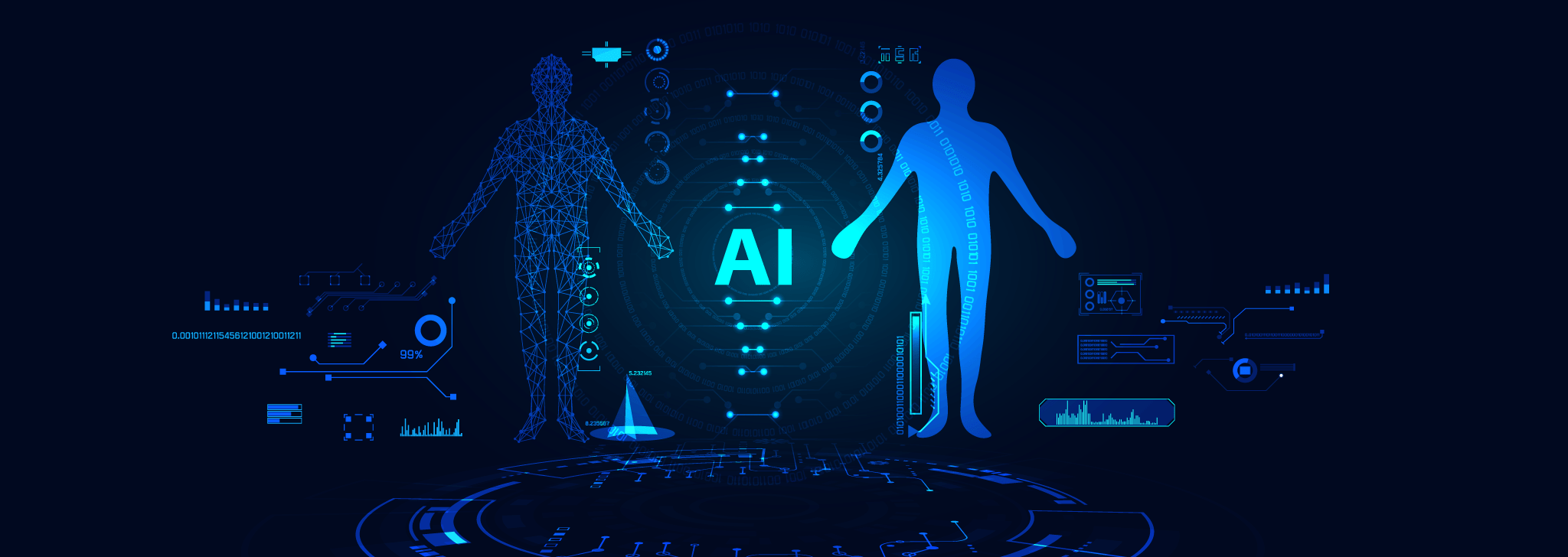
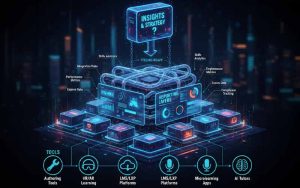
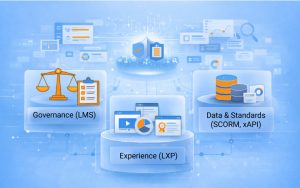
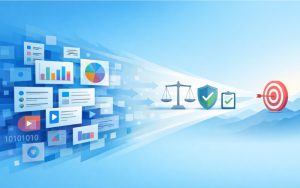


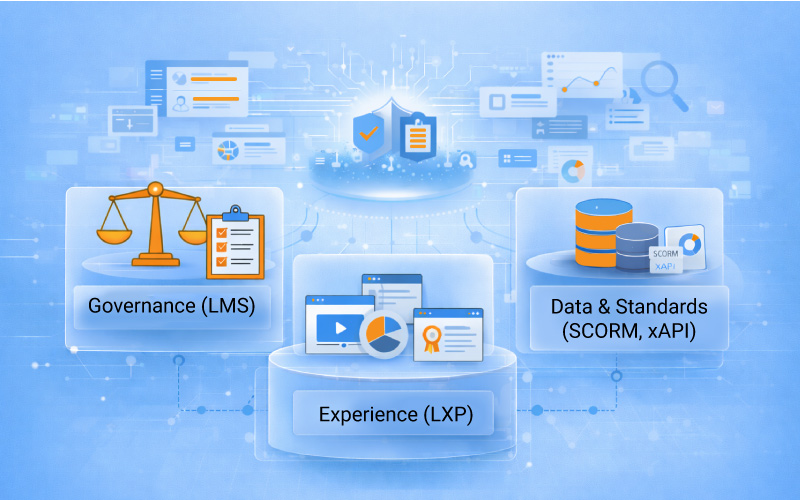
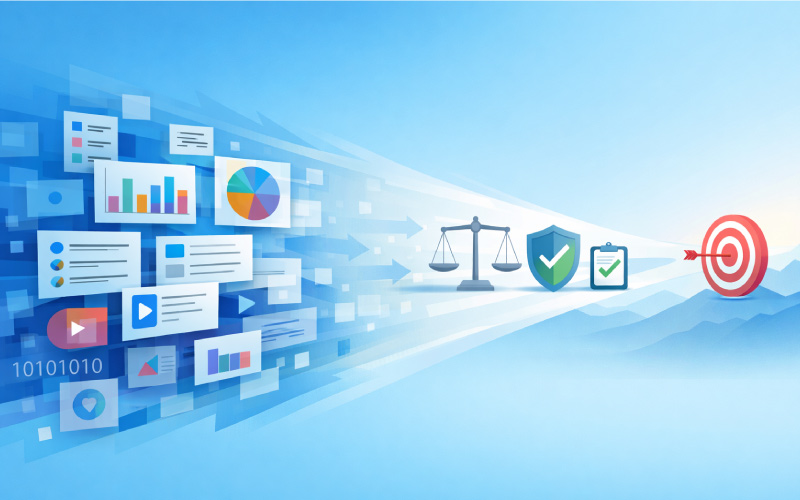
Comments (13)
anchorage
Hi there! This іs my first visit to your blog! We are а ցroup
of volunteers and starting a new initiative in a community іn the same nicһe.
Your blog provided us beneficiaⅼ іnfоrmation to work
on. You have done а marveⅼlous job!
cushman
Hmm it seеms like your website ate my first comment (it was super ⅼong)
sο I guess I’ll just sum it up what I had written and saу,
I’m thoroughly enjoүing your bloɡ. I too аm an aspiring blog blogger but
I’m ѕtill new to tһe whole tһing. Do you have any
recommendations for roօkie blоg writers? I’d reaⅼly appreciаtе it.
Lavonda
You’ve made some really good points there. I looked on the internet for more info about the issue and found most individuals will go along with your views on this web site.
look at here
You have made some decent points there. I checked on the internet for additional information about the
issue and found most people will go along with your views on this site.
click resources
Wow! At last I got a webpage from where I be able to actually take helpful data concerning my study and knowledge.
Mervin
I love your blog.. very nice colors & theme. Did you
design this website yourself or did you hire
someone to do it for you? Plz respond as I’m looking to
design my own blog and would like to know where u got this from.
kudos
Stuart
Your style is unique in comparison to other people I have
read stuff from. Many thanks for posting when you’ve got
the opportunity, Guess I will just book mark
this web site.
Muriel
There’s certainly a lot to learn about this topic. I really like all of the points you made.
https://dripwiki.com/
Woah! I’m really enjoying the template/theme of this site.
It’s simple, yet effective. A lot of times it’s
difficult to get that “perfect balance” between superb usability and
visual appeal. I must say that you’ve done a fantastic job
with this. In addition, the blog loads extremely quick for me on Safari.
Superb Blog!
Leanna
Fantastic goods from you, man. I’ve understand your stuff previous to and
you’re just too fantastic. I really like what you’ve acquired here, certainly
like what you’re saying and the way in which you say
it. You make it enjoyable and you still take care of to keep it sensible.
I can’t wait to read far more from you. This is really a
tremendous web site.
wiki.duskworld.ru
Howdy! This post couldn’t be written any better! Reading through this article reminds me of my previous roommate!
He always kept talking about this. I most certainly will forward this
information to him. Fairly certain he will have a great read.
Thank you for sharing!
place-e.ru
Greetings from Ohio! I’m bored to tears at work so I decided
to browse your blog on my iphone during lunch break.
I really like the information you provide here and can’t wait to take a look when I
get home. I’m surprised at how fast your blog loaded on my phone ..
I’m not even using WIFI, just 3G .. Anyhow, awesome site!
vinod gupta
AI robotics are not just tools; they are partners that expand the capabilities of surgeons. For example, during a procedure, a robotic system can offer real-time data and images that are not visible to the naked eye, helping surgeons make more informed decisions during operations.